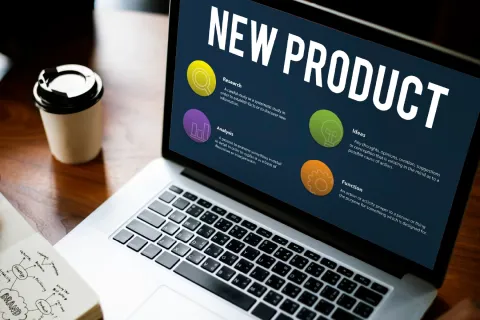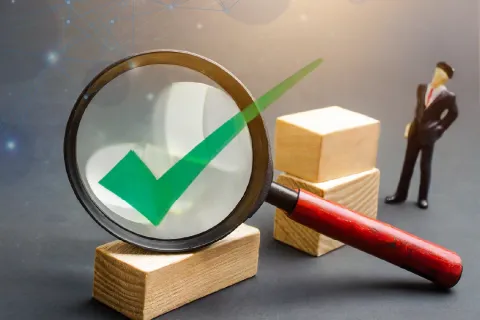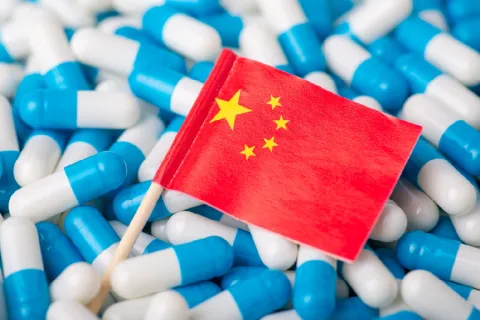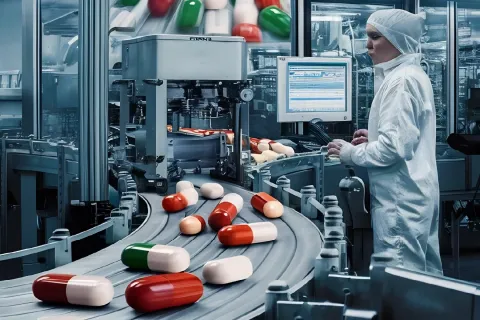
Hong Kong's pharmaceutical industry operates under a well-established but complex Regulatory framework. As companies strive to introduce innovative therapies and maintain compliance, they often encounter multiple hurdles in the realm of pharmaceutical industry Regulatory affairs.
Below are some of the key pharmaceutical Regulatory challenges faced by companies in Hong Kong—along with practical solutions to help navigate them effectively.
1. Lengthy Registration Process
Challenge: The process of registering pharmaceutical products can be time-consuming, with companies often waiting several months for a "change of particular" approval. This can delay the introduction of new drugs to the market and the updating of existing product information.
Solution: Engage local regulatory consultants early to streamline documentation and pre-empt common approval delays. Partnering with firms experienced in Regulatory affairs in the pharma industry can help avoid bottlenecks.
2. Complex Licensing Requirements
Challenge: Companies must navigate through complex licensing requirements for manufacturing and wholesaling pharmaceutical products. This includes compliance with Good Manufacturing Practice (GMP) standards and obtaining various approvals and certifications.
Solution: Establish a compliance roadmap and invest in ongoing GMP training and audits to ensure readiness for inspections for PICS/GMP compliance by HA located in the PICS/GMP country.
3. Pharmacovigilance Obligations
Challenge: After registration, companies are required to comply with stringent pharmacovigilance requirements, such as reporting serious adverse drug reactions, documenting product defects, and implementing risk management plans.
Solution: Implement automated PV systems and partner with regional safety experts to ensure timely and accurate reporting. This is critical for maintaining pharma Regulatory compliance in post-marketing surveillance.
4. Import and Export Regulations
Challenge: The importation and exportation of pharmaceutical products are tightly regulated, requiring specific licenses and adherence to detailed procedures.
Solution: Maintain a dedicated logistics and regulatory team familiar with Hong Kong’s licensing processes and customs protocols.
5. Intellectual Property Concerns
Challenge: Companies must be cautious about patent rights and ensure that their products do not infringe on existing patents, which can be a complex legal area to navigate.
Solution: Work closely with IP attorneys and conduct thorough patent searches during product development and registration phases.
6. Transparency and Communication with Authorities
Challenge: There is a call for more transparent communication channels between the industry and policymakers to better understand policy implementation details, especially those relevant to the biopharmaceutical and medical device sectors.
Solution: Participate in industry associations and public consultations to stay engaged with regulators and influence policy development. This proactive approach is essential for long-term success in Regulatory affairs in pharmaceutical industry.
7. Regulatory Updates
Challenge: Keeping up with changes in regulations, such as the recent decision to regulate medical gases as pharmaceutical products, requires companies to stay informed and adapt their practices accordingly.
Solution: Subscribe to official government newsletters and partner with local consultants who monitor and interpret Regulatory changes.
Conclusion
While the Regulatory affairs in pharma industry in Hong Kong presents unique challenges, a well-structured approach supported by local expertise and continuous monitoring ensures smoother compliance. With smart planning and proactive engagement, pharmaceutical companies can confidently access one of Asia’s most promising markets.
Ready to enter Hong Kong market?Contact Freyr today.









